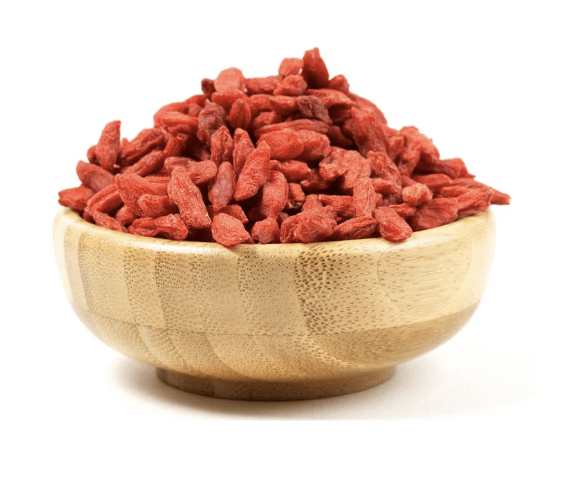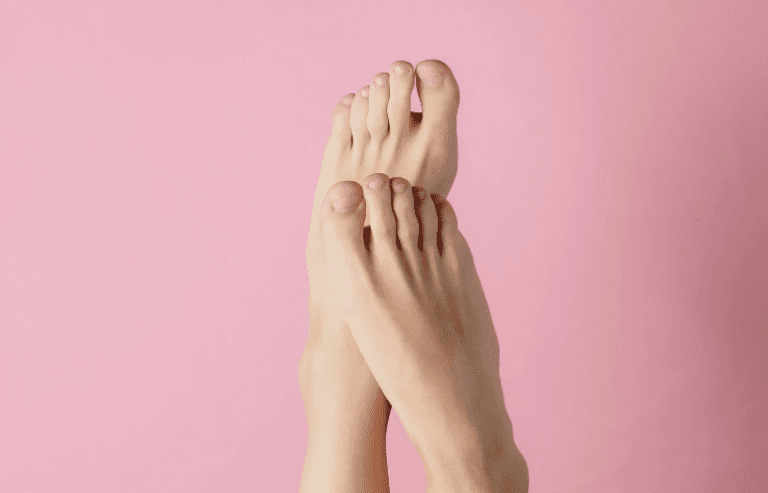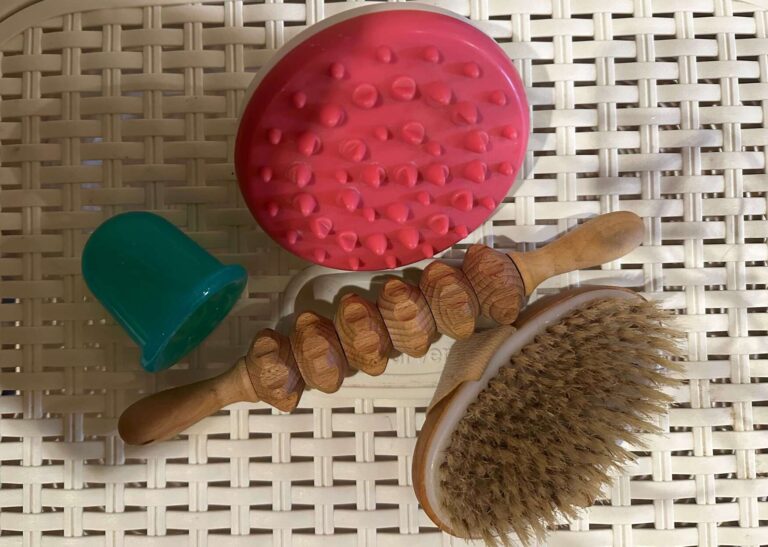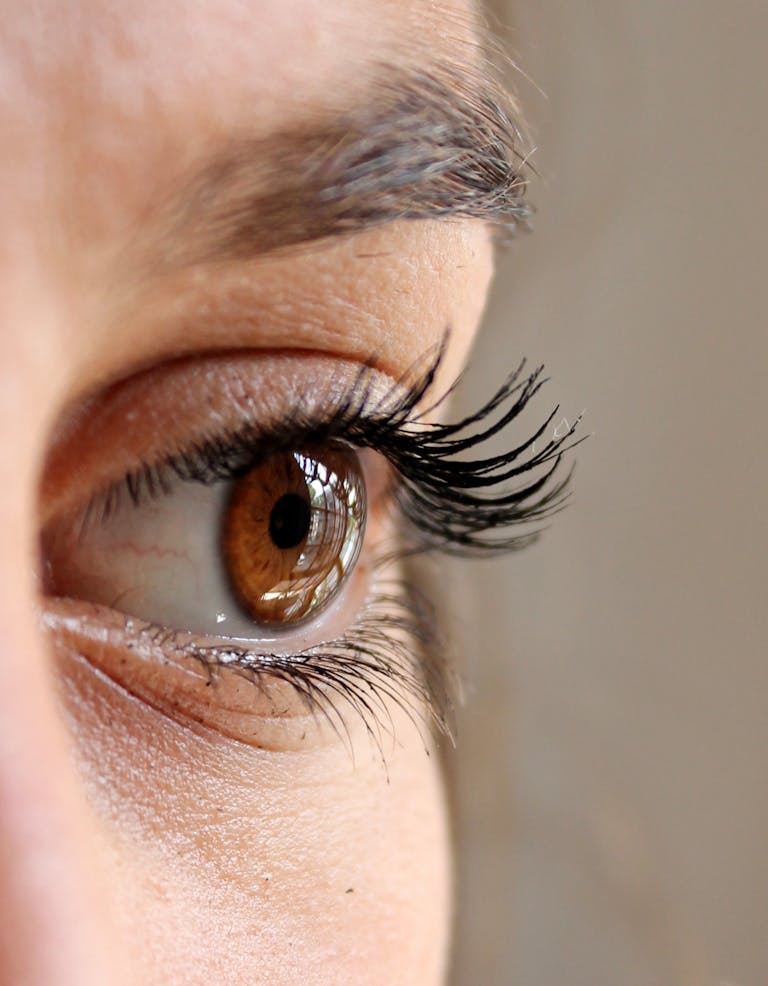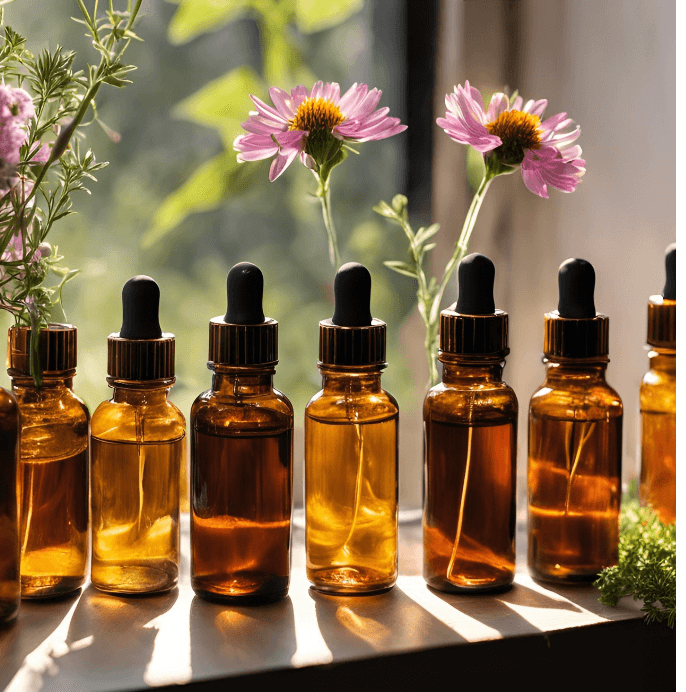Best Herbal Teas for Anxiety: Natural Relief in a Warm Cup
If you’ve ever had a hard time winding down after a stressful day, you’re not alone. Anxiety is one of the most common mental health struggles, and while medical treatment is crucial for severe cases, a warm cup of herbal tea can be an incredible natural tool for anxiety relief.
But with so many herbal teas out there, which ones actually help with anxiety symptoms? Are some just hyped-up placebos, or is there real science behind their calming effects?
Let’s dive into the best herbal teas for stress and anxiety, backed by research, personal experience, and centuries of herbal medicine wisdom.

How Do Herbal Teas Help with Anxiety?
Herbal teas contain naturally occurring compounds that interact with the nervous system, helping to:
✔ Reduce stress levels
✔ Calm the mind
✔ Improve sleep quality
✔ Lower blood pressure
✔ Soothe the digestive tract (which is closely linked to anxiety!)
Some teas work through sedative effects (like valerian root), while others balance brain function (like green tea’s amino acid L-theanine).
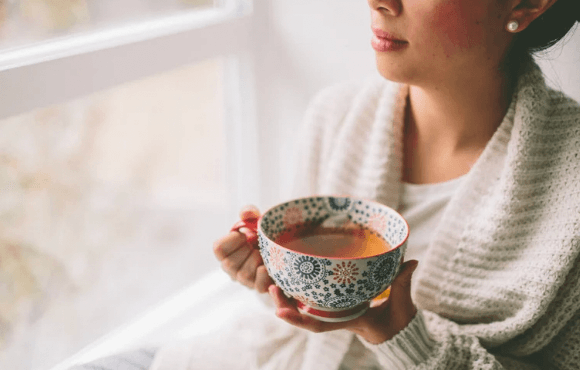
1. Chamomile Tea: The Classic Calming Tea 🌼
If you’ve heard of calming teas, you’ve heard of chamomile tea. This ancient remedy has been used since ancient times to promote relaxation and sleep.
🔹 Why It Works:
- Contains apigenin, a flavonoid that binds to GABA receptors in the brain (similar to anti-anxiety medications).
- Shown in clinical trials to reduce anxiety scores in people with generalized anxiety disorder (GAD).
- Helps improve sleep quality, making it ideal for nighttime stress relief.
I drink chamomile tea every night when I feel mentally overstimulated. It doesn’t knock me out, but it helps my brain slow down, which is half the battle when dealing with anxiety.
✔ Best for: People who have trouble sleeping due to anxiety.
2. Lemon Balm Tea: The Brain-Boosting Herb 🍋
Lemon balm tea isn’t just soothing—it actually helps with cognitive function and mood stability.
🔹 Why It Works:
- Reduces anxiety symptoms by increasing GABA levels in the brain.
- Improves memory and focus while lowering stress levels.
- Shown in a placebo-controlled trial to reduce anxiety in postmenopausal women.
I drink lemon balm tea in the afternoon when I need to relax without feeling sleepy. It’s also great for digestion, making it a good choice if anxiety upsets your stomach.
✔ Best for: People who experience brain fog and nervous tension.
3. Valerian Root Tea: Nature’s Sleeping Pill 😴
Valerian root is one of the strongest herbal remedies for anxiety and sleep issues.
🔹 Why It Works:
- Increases GABA levels, promoting a sense of calm.
- Used in herbal medicine for centuries as a natural sedative.
- A small study found it improves sleep quality and reduces anxiety-related insomnia.
I only drink valerian root tea when I desperately need sleep. It has a strong, earthy taste, but it knocks me out like nothing else. Fair warning: It can cause vivid dreams.
✔ Best for: Severe nighttime anxiety and sleep troubles.
4. Green Tea: Caffeine with a Calming Effect 🍵
Yes, green tea has caffeine, but it also has L-theanine, an amino acid that promotes relaxation without drowsiness.
🔹 Why It Works:
- L-theanine increases alpha brain waves, which are associated with a calm but alert state.
- Lowers cortisol (the stress hormone) while improving focus.
- A systematic review found L-theanine reduces stress and anxiety in clinical settings.
I drink green tea when I want to be productive without feeling jittery. It gives me energy, but without the anxious crash of coffee.
✔ Best for: People who want focus without stress.
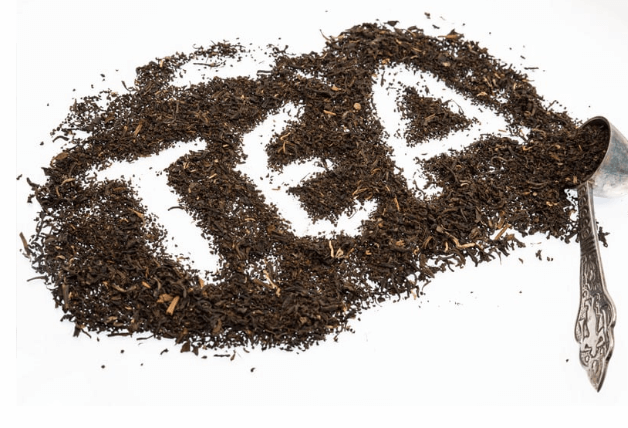
5. Lavender Tea: Aromatherapy in a Cup 💜
Lavender isn’t just for essential oils—its tea has a calming effect as well.
🔹 Why It Works:
- Contains naturally occurring compounds that relax the nervous system.
- Consumption of lavender herbal tea has been linked to reduced anxiety in older people.
- Helps with digestive problems linked to stress.
I love lavender tea before bed. It’s floral, soothing, and pairs well with honey.
✔ Best for: People who love aromatherapy and floral teas.
6. Peppermint Tea: Stress Relief for the Stomach 🌱
Peppermint tea isn’t just for digestion—it’s also one of the best caffeine-free herbal teas for relaxation.
🔹 Why It Works:
- Relaxes the muscles of the digestive tract, which can ease stress-related stomach issues.
- The scent of peppermint has been shown to reduce stress levels.
If my anxiety hits my stomach, peppermint tea is my go-to remedy. It’s cooling, refreshing, and soothing.
✔ Best for: People with stress-related digestive problems.
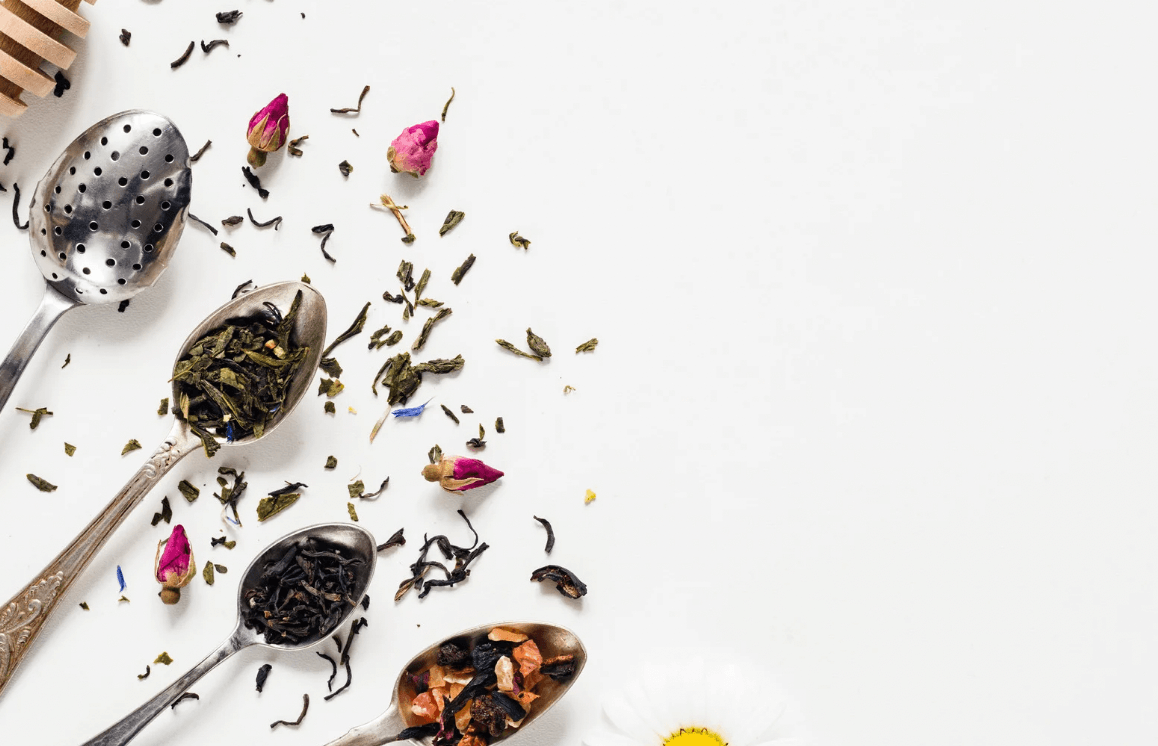
7. Passion Flower Tea: The Underrated Anxiety Fighter 🌸
Passion flower is less famous than chamomile, but just as effective for reducing anxiety.
🔹 Why It Works:
- Increases GABA levels, reducing anxious thoughts.
- Has been studied in cancer patients for its ability to reduce stress and anxiety.
It’s a milder version of valerian root, so I drink it on nights when I need to unwind, but don’t want to feel groggy the next morning.
✔ Best for: People with mild to moderate anxiety who want a gentle relaxation effect.
What’s the Best Herbal Tea for Anxiety?
Each tea offers unique benefits, so it depends on your symptoms:
| Tea Type | Best For |
|---|---|
| Chamomile Tea | General relaxation & sleep |
| Lemon Balm Tea | Brain fog & daytime stress |
| Valerian Root Tea | Severe anxiety & insomnia |
| Green Tea | Focus without jitters |
| Lavender Tea | Aromatherapy & calming effects |
| Peppermint Tea | Stress-related digestive issues |
| Passion Flower Tea | Mild to moderate anxiety relief |
FAQ: Answering Common Questions About Herbal Teas & Anxiety
Q1: How many cups of herbal tea should I drink per day?
Most people see benefits from 1-3 cups of tea per day.
Q2: Can I mix different calming teas together?
Yes! A herbal tea blend of chamomile, lemon balm, and passion flower is great for stress relief.
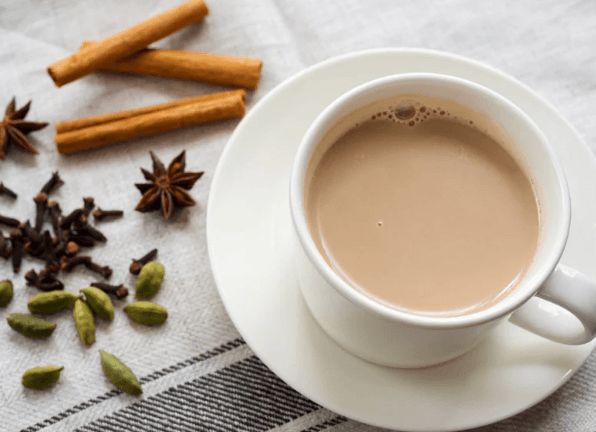
Q3: Are there any adverse side effects?
- Valerian root & passion flower can cause drowsiness.
- Green tea & black tea have caffeine, so be mindful of timing.
- People with high blood pressure should limit licorice root tea.
How to Make the Perfect Cup of Herbal Tea for Anxiety ☕🌿
To maximize the calming effects of herbal teas, how you prepare them matters. Follow these simple steps for the best anxiety-relieving tea experience:
1. Use High-Quality Loose Tea or Organic Tea Bags
✔ Opt for organic herbal teas to avoid pesticides or artificial additives.
✔ Loose leaf teas tend to have a stronger, fresher flavor than tea bags.
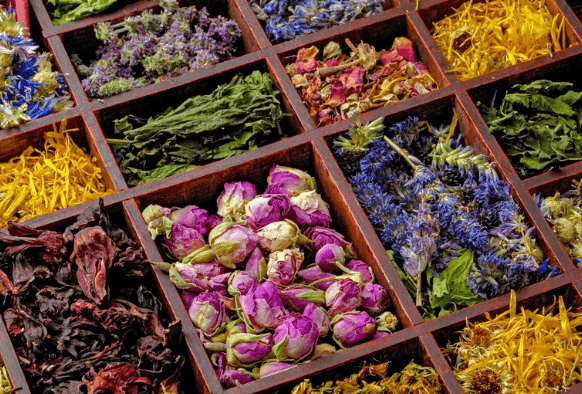
2. Brew at the Right Temperature & Time
- Chamomile, Lemon Balm, & Peppermint Tea: Steep for 5-7 minutes in hot water (190°F/88°C).
- Valerian Root & Passion Flower Tea: Steep for at least 10-15 minutes for stronger effects.
- Green Tea: Brew at 175°F/80°C for 2-3 minutes to avoid bitterness.
3. Add Natural Sweeteners (Optional)
✔ Raw honey: Enhances relaxation and has antibacterial properties.
✔ Stevia or monk fruit: A sugar-free option.
✔ Cinnamon or ginger: Adds warmth and extra anti-inflammatory benefits.
4. Make it a Relaxing Ritual
☕ Don’t just drink the tea—use it as a moment to slow down!
✔ Find a quiet space, light a candle, or play soft music.
✔ Take slow sips and focus on the warmth and aroma of the tea.
Can Herbal Teas Replace Anxiety Medications? 🚨
Short answer: No, but they can be a great complementary tool.
✔ Herbal teas work best for mild-to-moderate anxiety or as an addition to other treatments.
✔ If you have severe anxiety disorder, always consult a mental health professional.
Who Should Avoid Certain Herbal Teas?
❌ Pregnant or breastfeeding women should consult a doctor before drinking valerian root or passion flower tea.
❌ People on blood pressure medication should avoid teas that interfere with medication.
❌ Those with digestive issues should be cautious with caffeinated teas like black tea or green tea.
Herbal Teas vs. Caffeinated Teas: Which is Better for Anxiety?
| Type of Tea | Caffeine Content | Best For | Drawbacks |
|---|---|---|---|
| Herbal Teas (Chamomile, Lemon Balm, Valerian, Peppermint, Lavender) | Caffeine-free | Relaxation, anxiety relief, better sleep | Some have strong flavors |
| Green Tea | Low caffeine | Stress relief, mental clarity | Can cause jitters if over-consumed |
| Black Tea & Oolong Tea | Medium caffeine | Antioxidants, energy boost | Not ideal for evening anxiety relief |
💡 Bottom Line? Stick to herbal teas at night and green tea in the morning if you need calm energy without jitters.
Find Your Favorite Anxiety-Relieving Tea
There’s no one-size-fits-all tea for anxiety. What works best depends on your body and stress levels.
☕ For Sleep & Deep Relaxation: Chamomile, Valerian Root, Passion Flower
☕ For Daytime Calm & Focus: Lemon Balm, Green Tea (low caffeine)
☕ For Stress-Related Stomach Issues: Peppermint, Ginger Tea
☕ For an Aromatherapy Experience: Lavender Tea
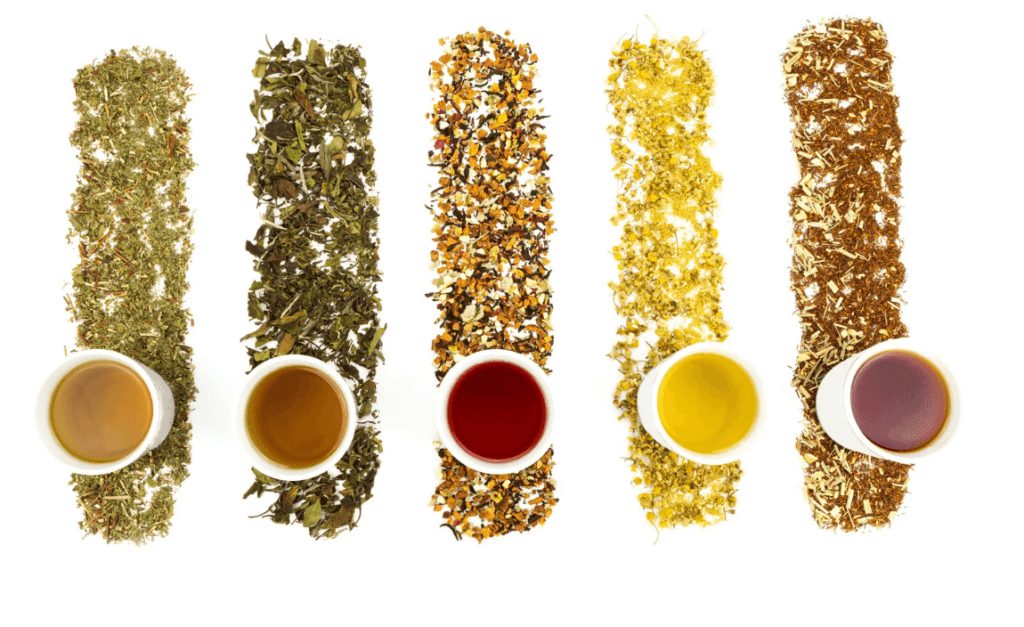
My Personal Tea Routine for Anxiety Relief:
🌅 Morning: Green Tea with Lemon Balm for focus ☀️
🌿 Afternoon: Peppermint or Lemon Balm for a mid-day reset 🍃
🌙 Evening: Chamomile or Valerian Root for deep relaxation 🌙
DIY Herbal Tea Blends for Anxiety Relief 🌿✨
Want to take your tea game to the next level? Instead of relying on pre-packaged tea bags, you can create your own herbal tea blends for a customized anxiety-relieving experience.
1. Sleepy-Time Stress Relief Blend 🌙
✔ 2 tsp chamomile (relaxes the mind)
✔ 1 tsp valerian root (natural sedative)
✔ 1 tsp lavender (soothing aromatherapy)
✔ ½ tsp lemon balm (calms nervous system)
✔ ½ tsp passion flower (reduces tension)
🔹 How to Make It: Steep in hot water for 10-15 minutes and enjoy before bed.
2. Morning Calm & Focus Blend 🌅
✔ 1 tsp green tea (gentle caffeine for alertness)
✔ 1 tsp lemon balm (reduces stress without drowsiness)
✔ ½ tsp peppermint (refreshing and uplifting)
✔ ½ tsp ginger root (great for digestion and immune support)
🔹 How to Make It: Brew for 3-5 minutes, add a squeeze of lemon juice, and enjoy!
3. Digestive Relaxation Blend 🫖
✔ 1 tsp peppermint (calms the digestive tract)
✔ 1 tsp fennel seeds (relieves bloating)
✔ ½ tsp chamomile (soothes the stomach)
✔ ½ tsp ginger root (aids digestion)
🔹 How to Make It: Let steep for 5-7 minutes and sip slowly after meals.
💡 Pro Tip: Store your homemade tea blends in glass jars and label them for easy access!
How to Incorporate Herbal Teas Into Your Daily Routine 🍵✨
If you’re new to herbal teas, here are some easy ways to make them a daily habit:
✔ Morning Ritual: Swap your coffee for green tea with lemon balm for a calm yet focused start to the day.
✔ Midday Reset: When stress kicks in, take a tea break with peppermint or chamomile instead of reaching for sugar or caffeine.
✔ Pre-Sleep Routine: Wind down with a chamomile-lavender blend to relax your body and mind before bed.
✔ On-the-Go: Carry iced tea versions of your favorite blends in a travel tumbler to sip throughout the day.
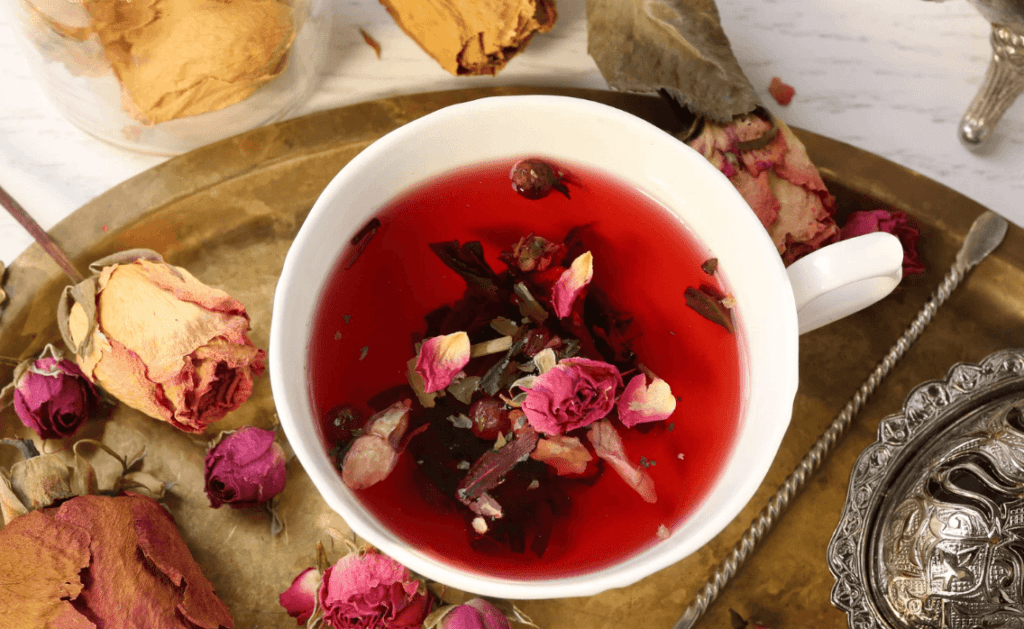
Where to Buy High-Quality Herbal Teas
For the best results, always choose organic, high-quality herbal teas to avoid pesticides and fillers. Here are some great options:
- Traditional Medicinals (affordable and high-quality herbal tea bags)
- Yogi Tea (great pre-made blends for stress and relaxation)
- Pukka Teas (organic and flavorful)
- Loose Leaf Herbal Teas (from specialty tea shops or online stores)
💡 Tip: Buying teas in bulk or value packs saves money and lets you experiment with different blends!
The Power of Herbal Teas for Anxiety Relief
If you’re dealing with stress, anxiety, or trouble sleeping, a warm cup of herbal tea might be exactly what you need. Whether you go for chamomile, lemon balm, valerian root, or green tea, each one offers unique benefits for calming the nervous system.
The best part? Herbal teas are an easy, natural, and enjoyable way to care for your mental health—without side effects or expensive treatments.
Try It Yourself!
Pick one herbal tea from this list, brew a cup, and make tea time your daily relaxation ritual. ☕💆♀️
💬 What’s your favorite tea for anxiety?

